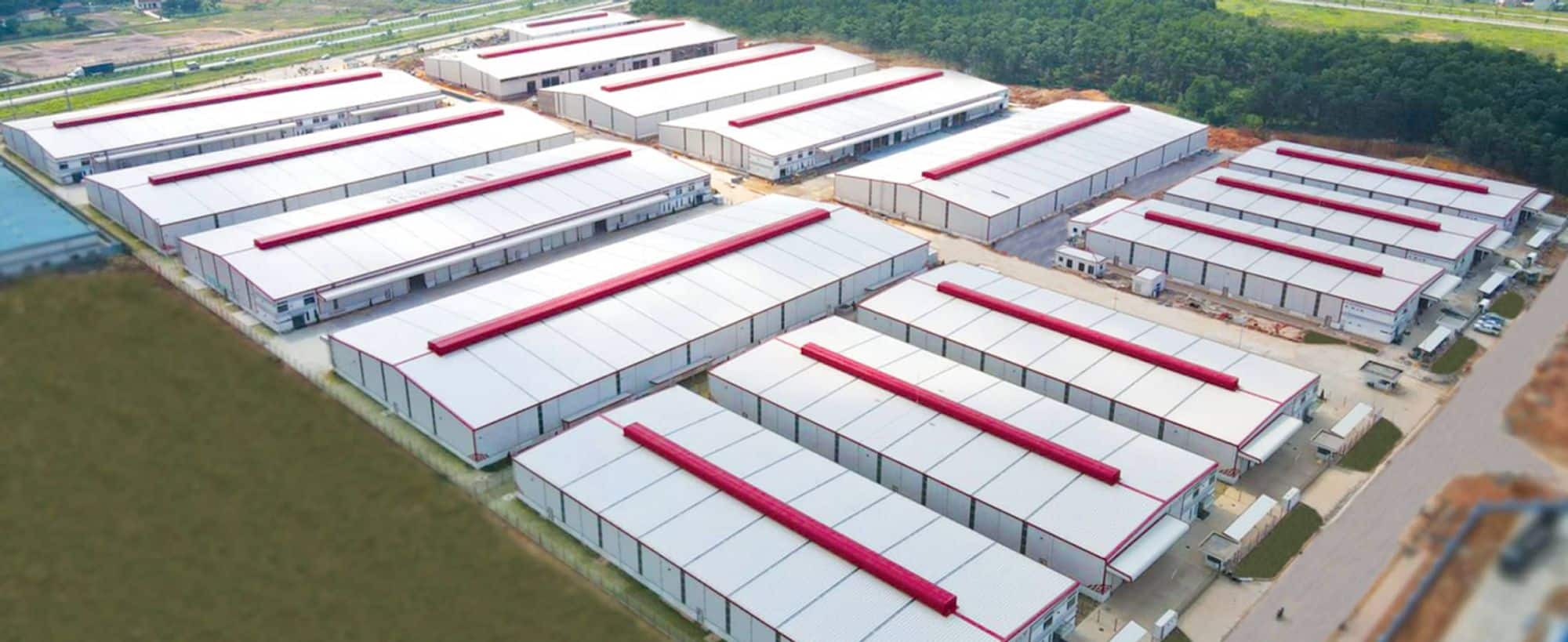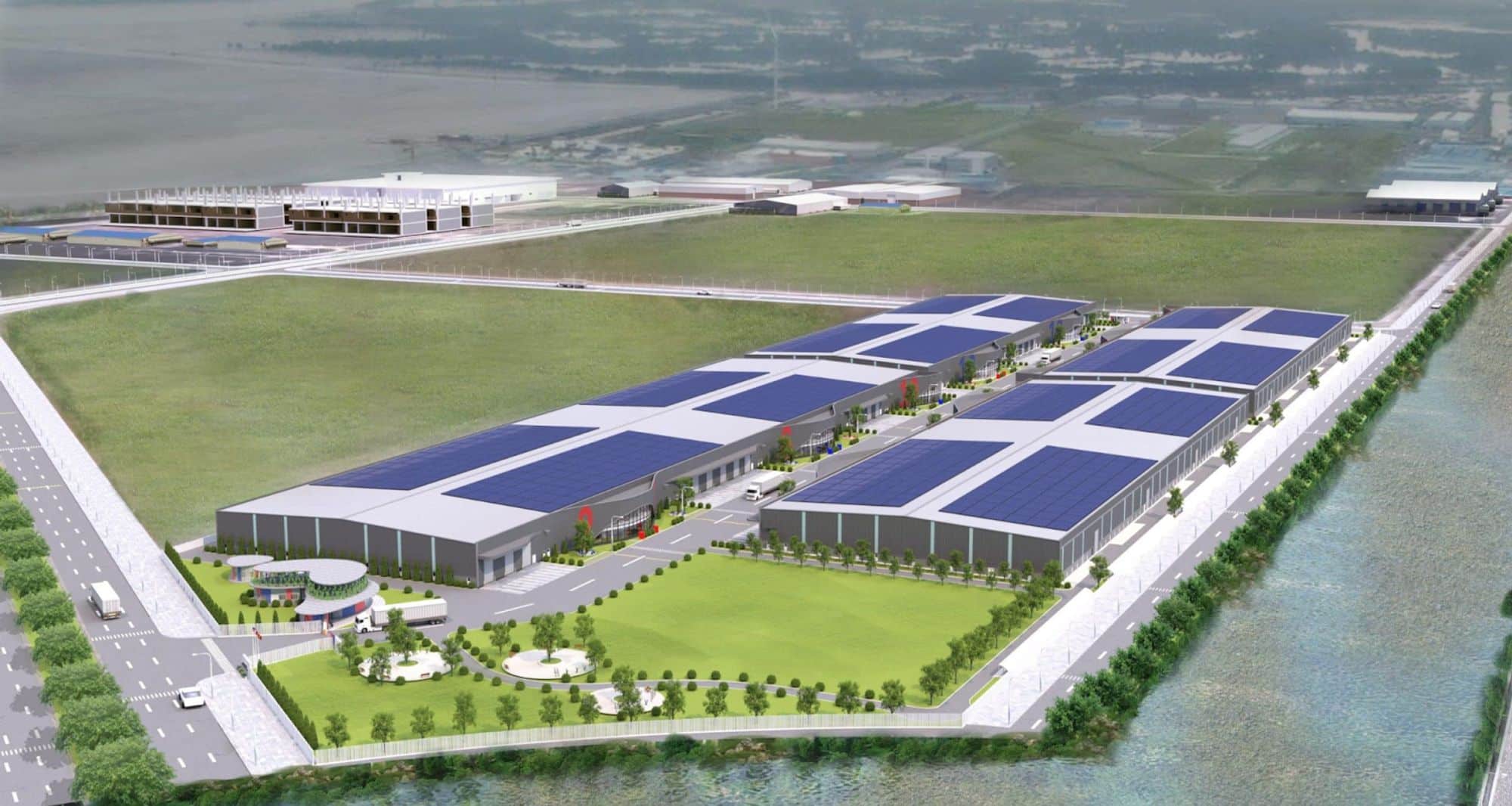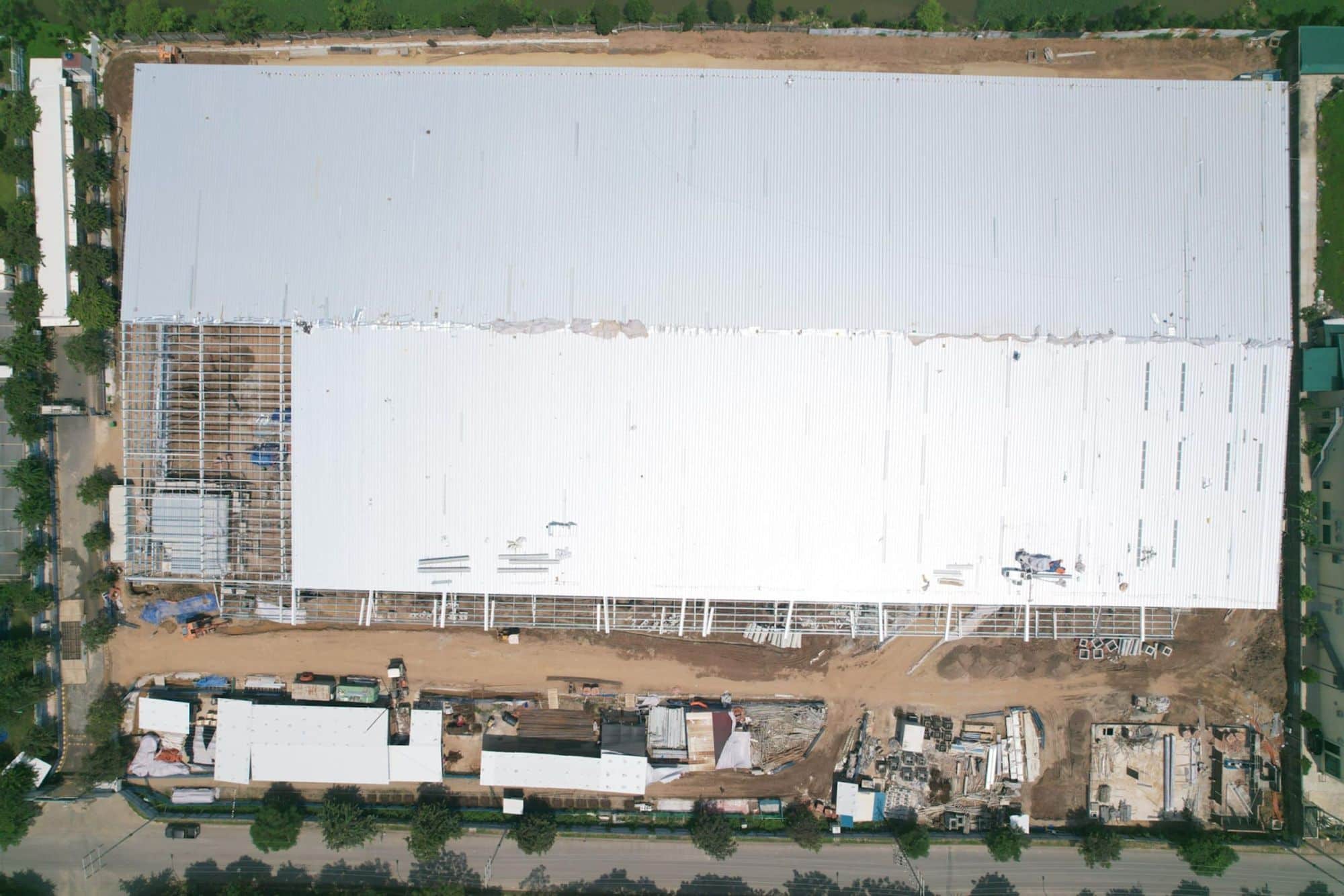
Vietnam’s burgeoning economy and investor-friendly policies have made it an attractive destination for foreign investors seeking new opportunities. However, navigating the legal and regulatory landscape can be complex and daunting. This blog post about the Vietnam Foreign Investor Guide will provide a comprehensive and strategic roadmap for international investors tapping into this dynamic market.

Can foreign invest in Vietnam real estate?
Vietnam’s economy has been one of the fastest-growing countries in Southeast Asia over the past decade, with an average annual GDP growth rate of around 6%. Despite the challenges posed by the pandemic, Vietnam’s economy has shown resilience and is expected to continue its growth trajectory.
The country’s GDP YoY growth rate for 2020 and 2021 was 2.9% and 2.6%, respectively, but is projected to rise to 7.5% in 2022. These growth figures are among the highest in the ASEAN region, underscoring Vietnam’s potential as an investment destination. As of recent years, Japan remains Vietnam’s largest foreign investor, followed by South Korea, Singapore, Taiwan, and Hong Kong.
The benefits of investing in Vietnam for foreign investors include:
– Strategic location, young and highly skilled workforce, growing middle class, a stable political environment, and supportive government policies brightens the outlook of foreign investment in Vietnam.
– Additionally, Vietnam has made significant strides in improving its business environment, such as simplifying administrative procedures and implementing tax incentives for certain industries.
These factors, along with the country’s potential for continued economic growth, make Vietnam an attractive destination for foreign investors seeking to expand their portfolios in Southeast Asia.
Foreign investors should consider Vietnam as a top destination for investment due to its strong growth potential. However, to fully take advantage of the opportunities in Vietnam, foreign investors must navigate the legal and regulatory landscape, including the requirements for the investor visa. The recent updates related to the investor visa in Vietnam have made the process more streamlined and efficient, making it easier for investors to obtain the necessary permits.

Requirements for Vietnam’s investor visa and recent updates
1. DT1 (Investor) Visa: for foreign investors who invest in business activities in Vietnam with a capital contribution of at least 100 billion VND (equivalent to approximately 4.4 million USD)
2. DT2 (Investor) Visa: for foreign investors who invest in business activities in Vietnam with a capital contribution of between 50 billion VND to less than 100 billion VND (equivalent to approximately 2.2 million USD to less than 4.4 million USD)
3. DT3 (Investor) Visa: for foreign investors who invest in business activities in Vietnam with a capital contribution of between 3 billion VND to less than 50 billion VND (equivalent to approximately 132,000 USD to less than 2.2 million USD)
4. DT4 (Investor) Visa: for foreign investors who invest in business activities in Vietnam with a capital contribution of less than 3 billion VND (equivalent to approximately 132,000 USD) and who meet certain other criteria.
1. A valid original passport
2. Completion of Form NA5, which serves as the visa application and extension form for foreigners in Vietnam
3. Submission of Form NA16, which is the registration form for the seal and signature of the legal representative of the enterprise operating in Vietnam
4. Temporary residence registration form
5. A photo in 4x6cm size, with a white background
6. As stipulated by Vietnamese law, it is necessary to provide evidence of legal status, which entails a verified copy of the Business Registration Certificate/Investment Registration Certificate, and a Certificate of Seal Specimen Registration or a notification on the disclosure of information regarding the sealed specimen of the enterprise on the national enterprise registration portal.
7. A lawyer license, if applicable
8. A letter of invitation from the company sponsoring the visa applicant.

Vietnam investor visa application process and validity
The visa application process and timelines for a Vietnam Investor Visa can vary depending on the specific circumstances of the applicant. Generally, the process involves submitting the necessary documentation and forms, paying any required fees, and undergoing a background check.
Depending on the type of visa and the volume of applications the immigration authorities are processing, the processing time for the visa application can range from a few days to several weeks.
About validity:
– DT1 and DT2 visas: maximum validity of 5 years
– DT3 visa: maximum validity of 3 years
– DT4 visa: maximum validity of 12 months
Foreigners are allowed to own certain types of real estate in Vietnam under the current legal framework. However, it is important to note that there are restrictions and regulations in place, such as the duration of the ownership and the type of property that can be owned. The laws surrounding foreign to buy land in Vietnam can be complex, and it is recommended that potential investors seek legal guidance before making any purchase.

Vietnam’s real estate market has seen significant growth in recent years, with increasing demand for housing and commercial properties. This presents opportunities for foreign investors to tap into a growing market, but there are also risks to consider. These include regulatory risks, market volatility, and construction quality issues. It is essential to conduct thorough due diligence and seek real estate expert for advice before investing in Vietnam’s real estate market.
List of potential projects for Vietnam’s real estate
– Ready-built Factory for Lease in Hai Phong
– Ready-Built Warehouse in Binh Chanh – Ho Chi Minh City
– Bonded Warehouse for Lease in Quang Ninh
– High-Quality Warehouse for Lease in Bac Ninh
– Ready-built Warehouse for Lease in Ha Noi
In conclusion, investing in Vietnam as a foreign investor can be a great opportunity to take advantage of the country’s growing economy and business potential. However, it is important to be well-informed about the legal requirements, regulations, and risks before making any investment decision.
We hope this blog post about the Vietnam Foreign Investor Guide has provided valuable information and insights for potential investors. If you have any further questions or would like to speak to a professional about investing in Vietnam, please do not hesitate to reach out to Mr. John Campbell on our hotline at 0986.718.337 or contact Savills Vietnam’s senior team, who can provide you with accurate and up-to-date information.